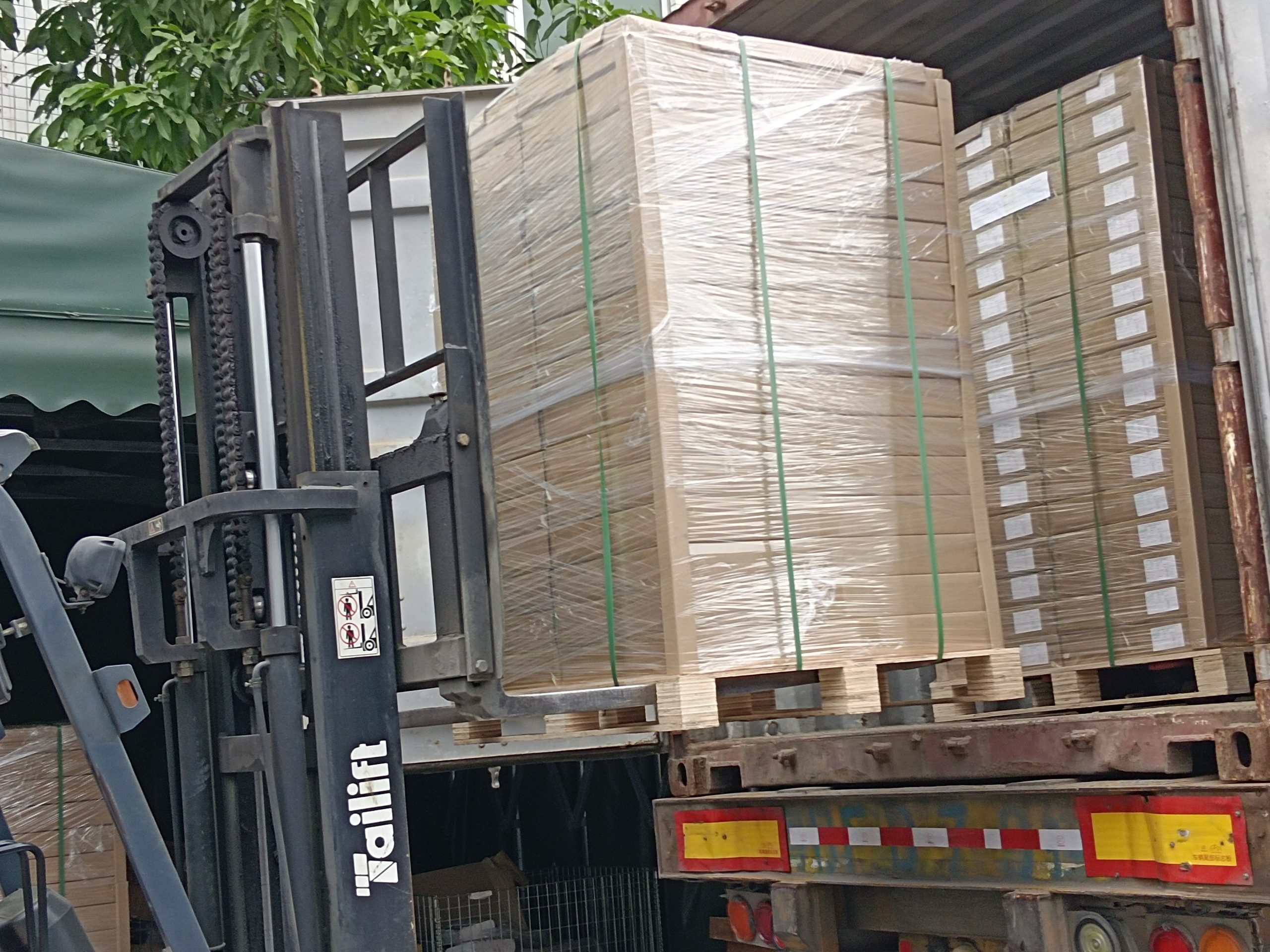Avoiding defects in sheet metal parts involves a combination of proper planning, tool maintenance, process control, and quality assurance. Here are some strategies to prevent common sheet metal defects:
- Burrs
- Use sharp, well-maintained cutting tools.
- Implement proper cutting speeds and feeds.
- Apply deburring processes such as tumbling, grinding, or manual deburring after cutting.
- Wrinkling
- Optimize blank holder force during forming operations.
- Use proper lubrication to reduce friction.
- Design appropriate tooling with adequate support to prevent material from buckling.
- Cracks
- Select materials with suitable ductility for the forming process.
- Avoid excessive stretching or bending beyond the material’s limits.
- Gradually increase the force applied during forming operations.
- Scratches
- Handle sheet metal carefully during transport and storage.
- Use protective coverings or coatings.
- Ensure clean, smooth tooling surfaces without any debris.
- Dimensional Inaccuracies
- Regularly calibrate and maintain equipment.
- Use precise measurement tools and techniques.
- Implement proper process control and monitoring systems.
- Springback
- Compensate for springback in the tool design.
- Use materials with consistent properties.
- Apply appropriate forming techniques, such as over-bending.
- Surface Finish Issues
- Maintain tooling surfaces in good condition.
- Apply appropriate surface treatments or coatings.
- Implement proper cleaning and finishing processes.
- Tool Marks
- Regularly inspect and maintain tools to ensure they are free from defects.
- Use softer tooling materials where appropriate to minimize marking.
- Adjust tool pressure and alignment to avoid excessive force.
- Warpage
- Control cooling rates to ensure uniform cooling.
- Design parts and processes to minimize residual stresses.
- Use fixtures to hold parts in place during cooling and handling.
- Tearing
- Use materials with adequate ductility for the forming operation.
- Optimize forming speeds and forces to prevent overstretching.
- Implement proper lubrication to reduce friction during forming.
- Corrosion
- Apply protective coatings, such as paint or galvanization.
- Use corrosion-resistant materials when possible.
- Ensure proper storage and handling to minimize exposure to corrosive environments.
- Punching or Cutting Defects
- Regularly sharpen and maintain punching and cutting tools.
- Ensure proper alignment and clearance between tools and workpieces.
- Use high-quality materials that are free from defects.
Implementing a robust quality management system and continuously monitoring the manufacturing processes will help in early detection and prevention of these defects. Regular training for staff on best practices and continuous improvement initiatives can also contribute to reducing defects in sheet metal parts.
china sheet metal fabrication manufacturers
sheet metal fabrication company china
china sheet metal fabrication companies
china sheet metal forming manufacturers
china sheet metal fabrication parts factory
china sheet metal fabrication parts manufacturer
china sheet metal fabrication factory
sheet metal parts manufacturing china
china metal enclosure manufacturers
china sheet metal fabrication supplier
china sheet metal fabrication services
china precision sheet metal fabricators
china custom sheet metal parts
china aluminum sheet metal fabrication manufacturers
china sheet metal parts company
china precision sheet metal manufacturer
china sheet metal enclosure fabrication
china sheet metal parts manufacturers
china metal stamping parts manufacturer
china sheet metal manufacturing manufacturers

Leave a Reply